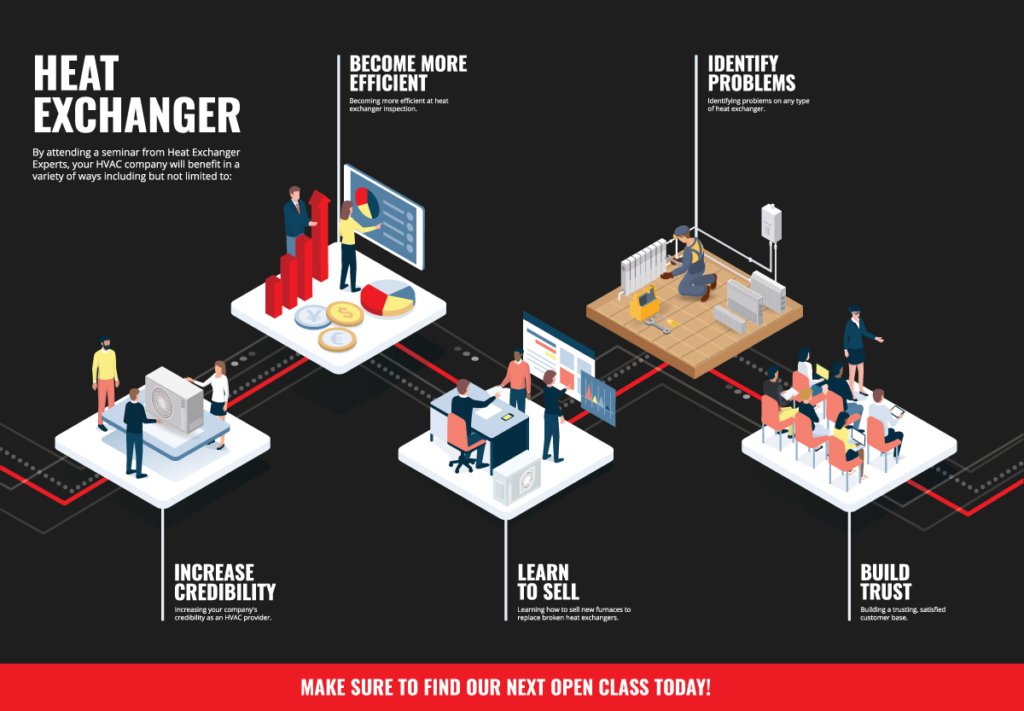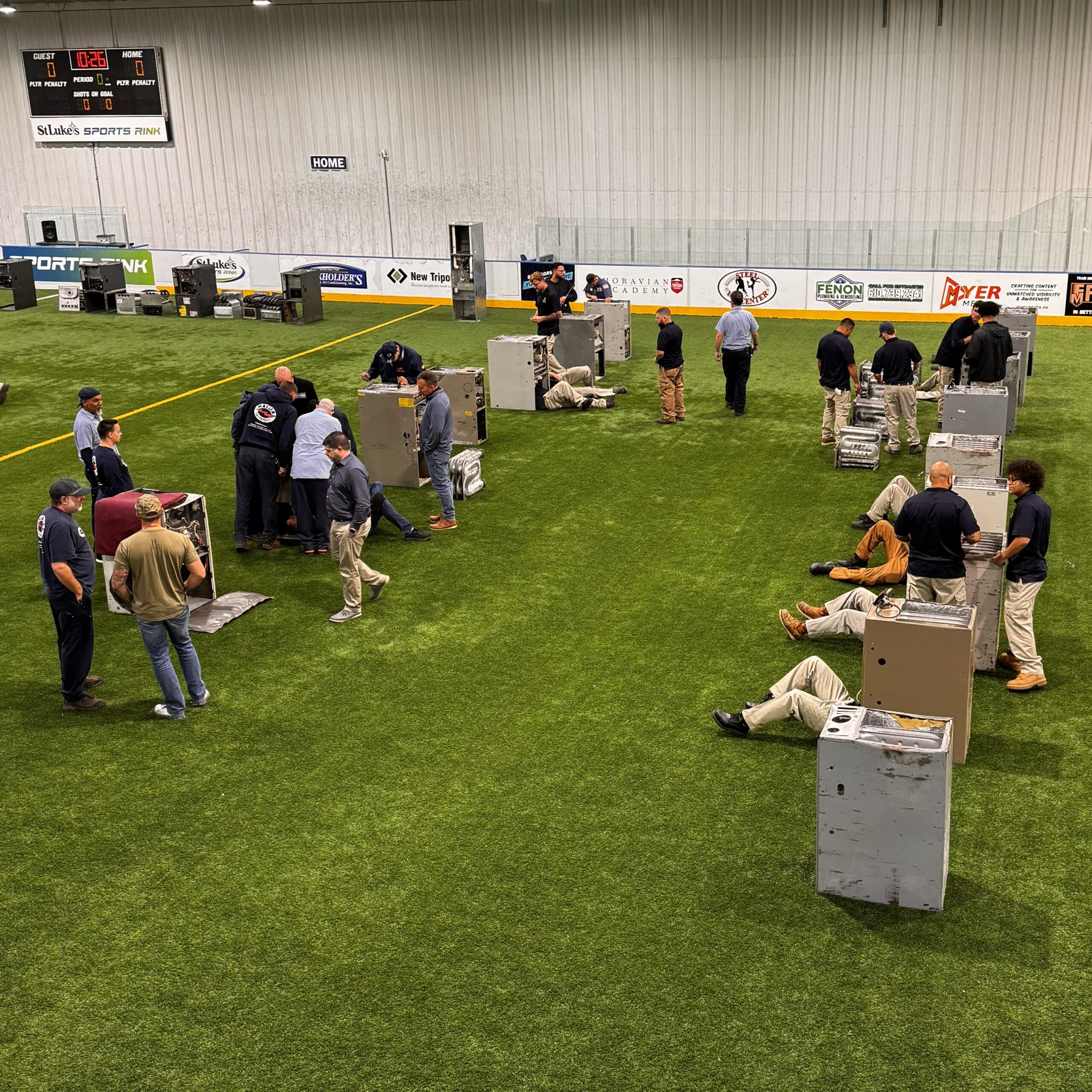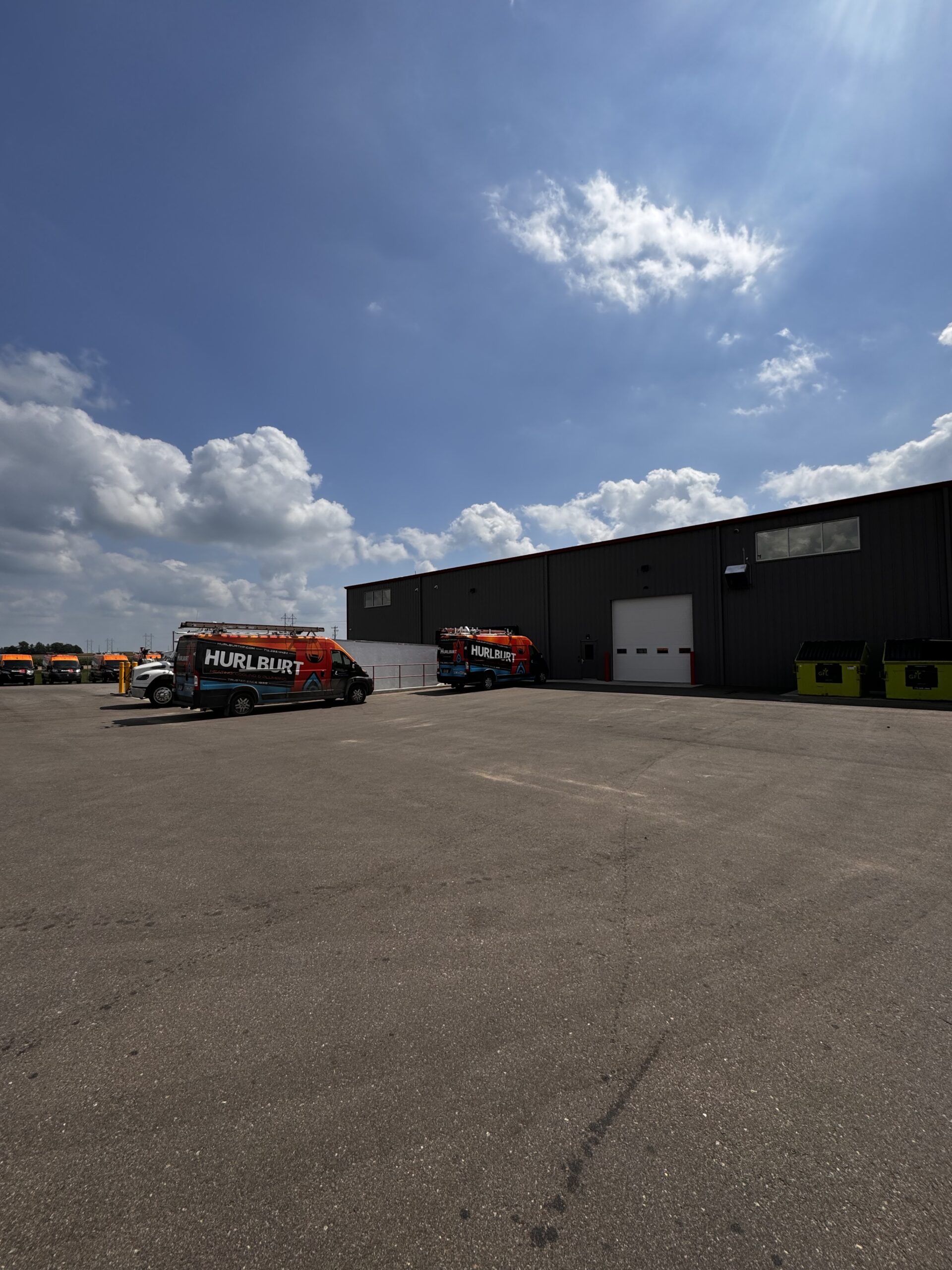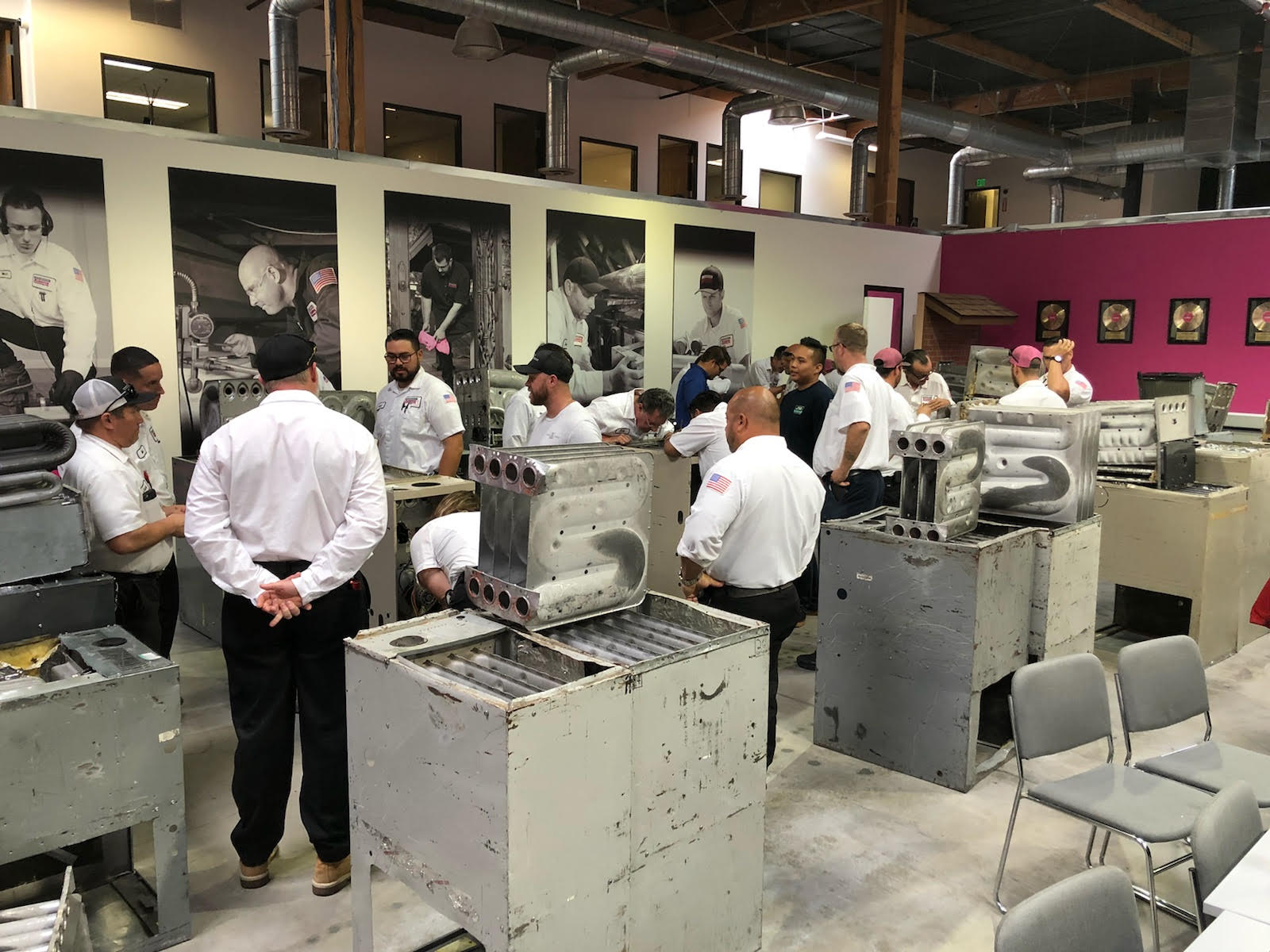In Person vs Online HVAC Training Seminars Which is Best for You
The HVAC industry is evolving rapidly, with increasing demand for skilled professionals who understand air conditioning systems, heating systems, ventilation, and refrigeration technologies. Whether you’re new to the field or an experienced HVAC technician seeking professional certification, deciding between in-person and online HVAC training seminars is a key step in advancing your career.
Understanding the pros and cons of each format is essential to maximizing your time, investment, and education. Let’s break down which learning path—online or in-person—best suits your goals in the HVAC field.
Why In-Person HVAC Training Still Matters
In-person HVAC training seminars are ideal for individuals who benefit from tactile, hands-on learning and direct mentorship. These seminars, such as those hosted by Heat Exchanger Experts, provide intensive instruction in real-world environments. For technicians working with refrigerant, brazing, combustion analysis, or soldering, this level of technical education is invaluable.
Key Advantages:
- Hands-On Application: Work with actual furnace, heat pump, and cooling tower components—not just diagrams or simulations.
- Structured Curriculum: Learn step-by-step techniques like pressure testing, electrical wiring, airflow measurement, and combustion safety following ASHRAE and NFPA 70E guidelines.
- Immediate Feedback: Instructors can demonstrate real-time troubleshooting, maintenance, and evaluation techniques.
- Industry Networking: Connect with fellow hvac professionals, technicians, and instructors from across the Front Range and beyond.
- Certification Preparation: Gain insights that help prepare you for Section 608 certification, state licensing exams, and hvac technician program requirements.
For students with a high school diploma or an associate degree in applied science, in-person training builds upon your knowledge base and aligns with employer expectations in the construction, manufacturing, and building automation sectors.
However, in-person seminars may come with added costs such as travel and accommodations—particularly for those not located near a technical college or training center in areas like Denver or other major cities.
Benefits of Online HVAC Education
Online HVAC training programs appeal to learners looking for flexibility. These virtual programs allow students to study hvac fundamentals, refrigeration systems, energy conservation, and customer service principles at their own pace.
Online Advantages:
- Flexible Scheduling: Perfect for those balancing employment, family, or an apprenticeship.
- Accessibility: Whether you’re based in a remote area or juggling multiple responsibilities, all you need is a computer and internet access.
- Lower Tuition & Costs: Avoid expenses tied to travel, food, or lodging.
- Interactive Learning Tools: Virtual simulation labs, downloadable PDF resources, and video-based instruction help reinforce complex topics like system design, energy audit, and instrumentation.
However, the absence of hands-on instruction and live interaction may limit practical understanding. This can be a disadvantage in fields like residential HVAC, commercial HVAC systems, or hydronics, where field experience is vital for ensuring efficiency, indoor air quality, and occupational safety and health compliance.
How to Choose: Matching Training Format to Career Goals
Here are a few considerations when selecting between in-person and online HVAC programs:
- Career Path: Do you aim for a hvac technician certification, or a full hvac career involving metal fabrication, control systems, or project management?
- Learning Style: Do you learn better from hands-on tasks like assembling duct, chiller, or condenser systems—or from reading materials and videos?
- Schedule & Location: Can you travel to a training center or campus, or is online learning your only viable option?
- Job Readiness: Are you preparing for a job interview, pursuing employment in the HVAC sector, or planning to take a certificate program or technician training program?
No matter your background—whether you’re coming from a community college, starting out with a diploma, or transitioning from another field—the right training format can strengthen your technical skills, boost your salary, and help you stand out in a competitive hvac technology workforce.
FAQ: HVAC Training – What You Need to Know
- What do I learn in an in-person HVAC seminar?You’ll cover topics like heat exchanger diagnostics, combustion safety, ventilation systems, and refrigerant handling, while working directly with real equipment and schematic diagrams.
- Does online HVAC training prepare me for certification?Yes, many online courses offer preparation for exams such as Section 608, though they may not include the hands-on experience required for practical proficiency.
- Are in-person classes better for troubleshooting and diagnostics?Absolutely. Learning how to identify airflow restrictions, test humidity control systems, or inspect heat pumps and boilers is far more effective when done hands-on with instructor guidance.
- Can I get HVAC certification through online courses?Yes, but you’ll likely need to complete a practical component in person or through an internship or apprenticeship to meet full hvac certification requirements.
- Are these seminars suitable for advanced HVAC technicians?Definitely. Topics like combustion analysis, chilled water systems, and seasonal energy efficiency ratio (SEER) ratings are included in advanced courses for seasoned professionals.
- Do in-person training seminars help with employment?Yes—attending a respected training seminar like those from Heat Exchanger Experts enhances your resume, boosts your credential profile, and demonstrates commitment to industry excellence.
Take the Next Step with Heat Exchanger Experts
If you’re ready to grow your hvac technician skills, gain professional certification, and dive into real-world, expert-led instruction, there’s no better time to attend an in-person training seminar with Heat Exchanger Experts. Our one-day HVAC technician training programs are designed to prepare you for the demands of the job, whether you’re working on a residential air conditioning system or a complex commercial HVAC setup.
Explore Upcoming Training Seminars and join thousands of HVAC professionals who trust us to sharpen their skills and elevate their careers.





